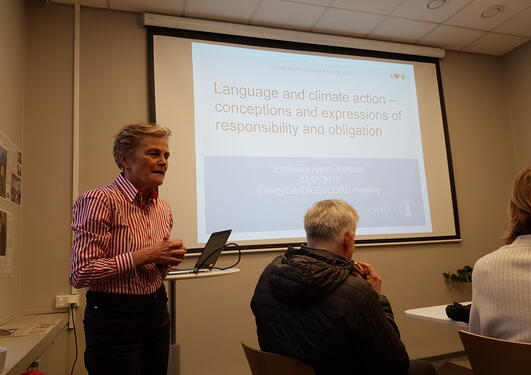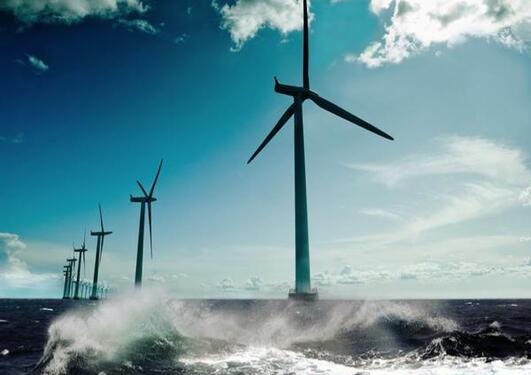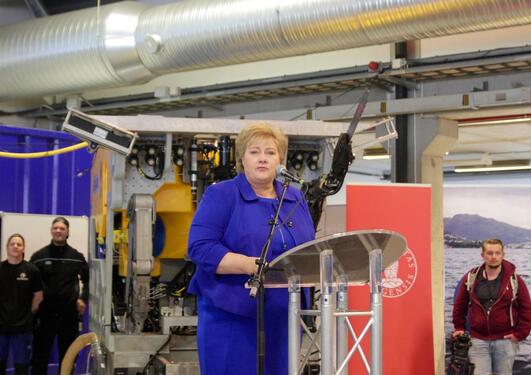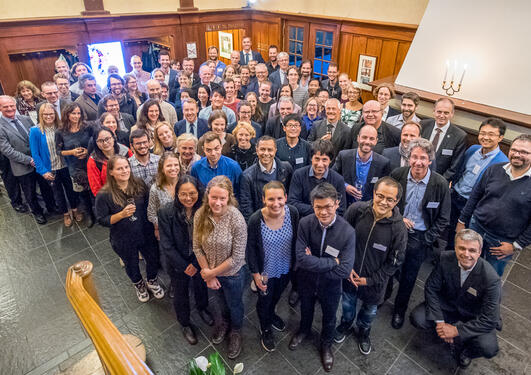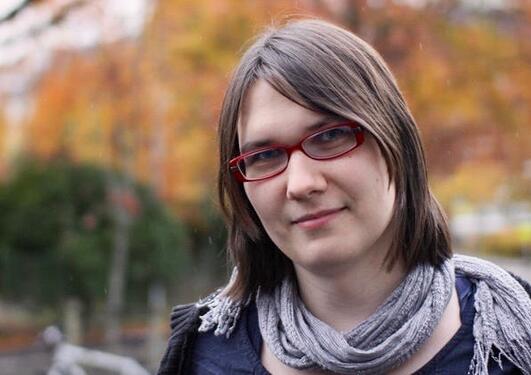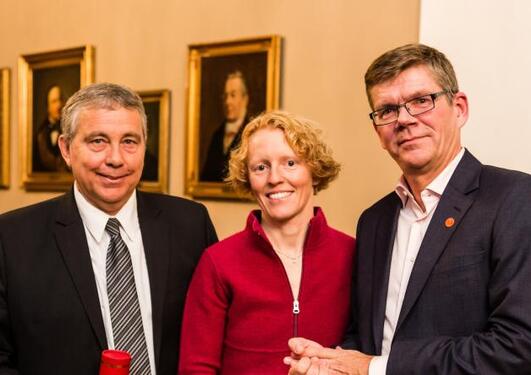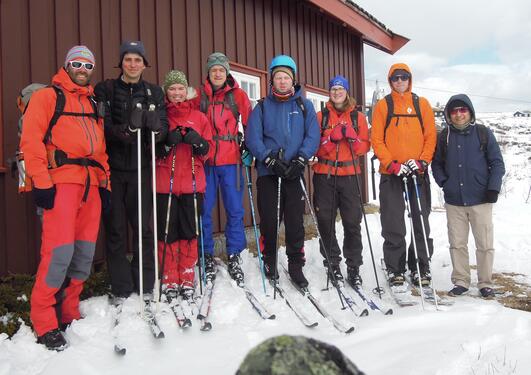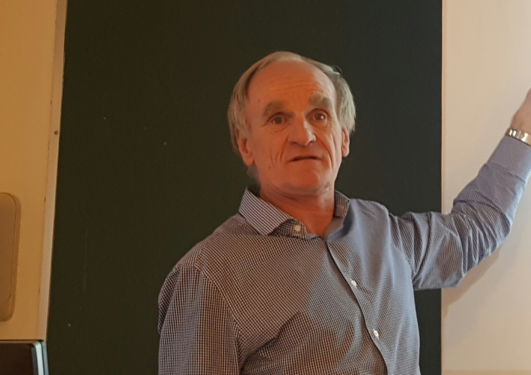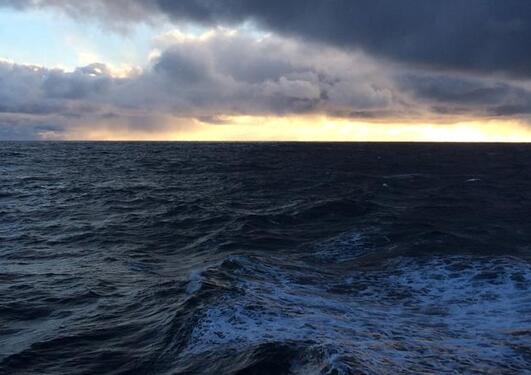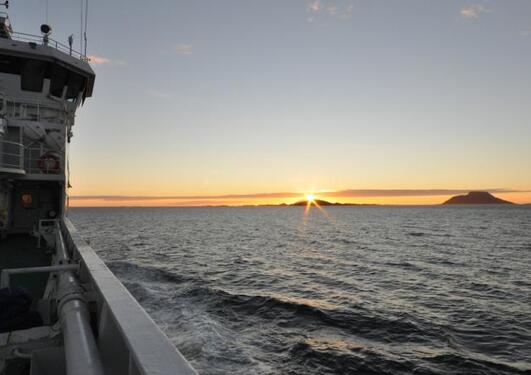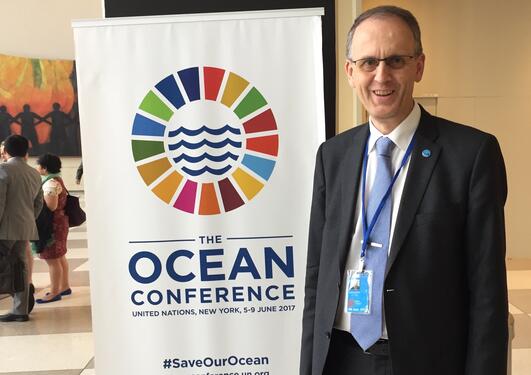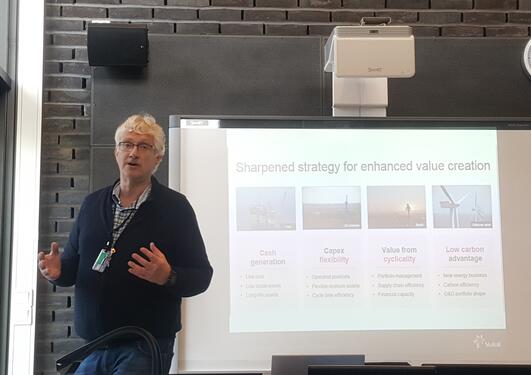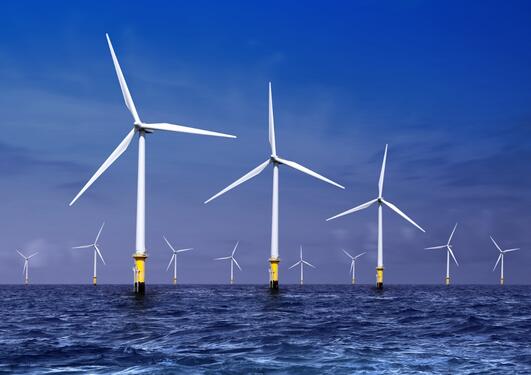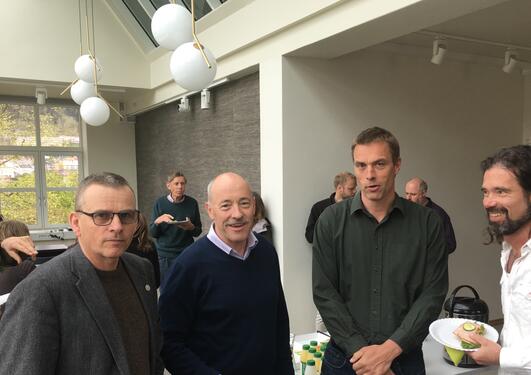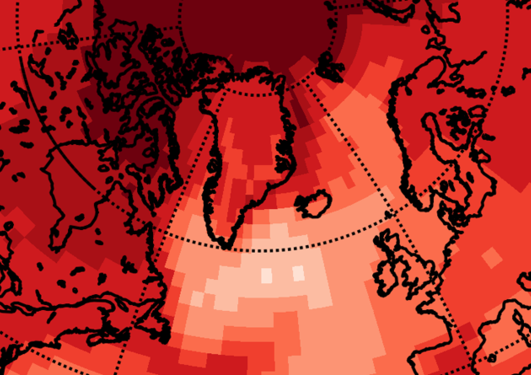News archive for Geophysical Institute
In a joint DIGSSCORE & Bergen Energy Lab lunch meeting, professor Kjersti Fløttum from the department of foreign languages spoke about "Language and climate action - conceptions and expressions of responsibility and obligation"
On the 29th of January, the Geophysical Institute, UiB and Statoil invited to a seminar on Statoil’s ambitions in offshore wind, industrial and research challenges
Norwegian Prime Minister Erna Solberg has established an international high-level panel for a sustainable ocean economy. The University of Bergen looks forward to being part of this marine effort and contribute with scientific advice.
The Geophysical Institute is a hundred years in 2017. In October, the centenary was celebrated with a scientific symposium on climate, energy and geophysics.
She’s both a groundbreaking computer scientist and an excellent teacher; and now she’s awarded the Teaching Prize at the Faculty of Mathematics and Natural Sciences.
On Fridtjof Nansen's birthday, Elin Darelius was awarded by the Fram committee for her polar science, shared with Jan Inge Faleide at UiO.
When the sad April weather became unbearable, six students went to Ustaoset at the far end of Hardangervidda one week after Easter, together with Professor Thomas Spengler and Course Assistant Sunil Kumar Pariyar, to hold a seminar in Mesoscale Dynamics with special focus on mountain meteorology.
Finn Gunnar Nielsen was the head of the R&D project where the first full-scale prototype of a floating wind turbine was developed. He held a talk at Bergen Energy Lab the 29th of August, telling the story of Hywind from the idea was born to the world’s first floating wind farm currently being installed in Scotland.
That the ocean slows down global warming by absorbing CO2 from the air, is pure chemistry. But to find out how much, you have to know how the ocean moves. Friederike Fröb's PhD shows that both weather and ocean currents play a role.
Friederike Fröb defends on Tuesday, 27th of June 2017 her PhD dissertation at the University of Bergen with the title: “Climate controlled mechanisms of subpolar North Atlantic carbon uptake”.
The ocean predicts future northwestern European and Arctic climate, finds a new study in Nature Communications.
Professor Peter M. Haugan has long participated in high level work in the United Nations, building partnerships between science and diplomacy.
The distrution of a radioactive Thorium isotope is important in multiple aspects of oceanograpy. In his new single author publication, Yiming Luo has revisited the issue on processes influencing the distribution in the water column.
Climate change in the Arctic and the Antarctic was the topic when around sixty scientists from Japan and Norway gathered in Bergen this week.
An Express overview over 20 recent Polar Science articles from Bergen was presented on May 10.
Ocean heat transport links subpolar and Arctic warming, but that is not the whole story, writes Aleksi Nummelin. Read his account of how he, Camille Li and Paul Hezel worked to solve a climate riddle.
Pages
- 2025
- 2024
- 2023
- 2022
- 2021
- 2020
- 2019
- 2018
- 2017
- 2016
- 2015
- 2014
- 2013
- 2012
- 2011
- 2009
